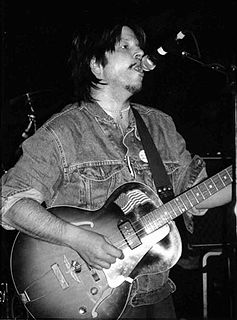A Quote by Joshuah Bearman
I've gotten used to spending more time with heavily narrative stories.
Related Quotes
I would argue heavily that the time that has been allocated to social used to come from television, and people are benefitting from it. People who are saying, 'Aw, you're spending all your time on Facebook, or all your time on Twitter,' I'd like to understand what the person used to do with that time.
While the Left seems obsessed with increasing taxes and spending even more money, conservatives have focused more heavily on the need for spending restraint and entitlement reform - primarily to preserve and protect the future of the Medicare program. Overlooked in all of this is the future of Medicaid.
To read fiction means to play a game by which we give sense to the immensity of things that happened, are happening, or will happen in the actual world. By reading narrative, we escape the anxiety that attacks us when we try to say something true about the world. This is the consoling function of narrative — the reason people tell stories, and have told stories from the beginning of time.
I shot the way I wanted to shoot [in The Hateful Eight]. The only real disadvantage I felt at the time, but I don't feel now, was that we weren't able to get a zoom lens, and I had really gotten used to using a zoom lens for that little zoom creep. But it was also a nice thing to be forced to not use all the tools that you've gotten used to, from time to time, and to be able to work in a different way.
People generally worry about social networking more than they need to. In kind of consumer internet investing and on social and professional networks, I kind of look at time spending and time efficiency. You know, time saving sites. So on time spending sites, things where you play lots of games or that sort of thing, you might worry about a productivity loss if people are spending a lot of time doing that. So if there's a lot of kind of addictive gaming going on during work hours, that won't be as helpful to you.
I've delved into a lot of non-musical projects. Learning new things and accomplishing things with my hands that I put aside as an adult to devote all my time to music. As I've gotten older, I've been concentrating on quality and no filler, and spending more time constructing all of the parts of music, rather than going into the studio with one or two parts and then letting the rest work itself out.




































